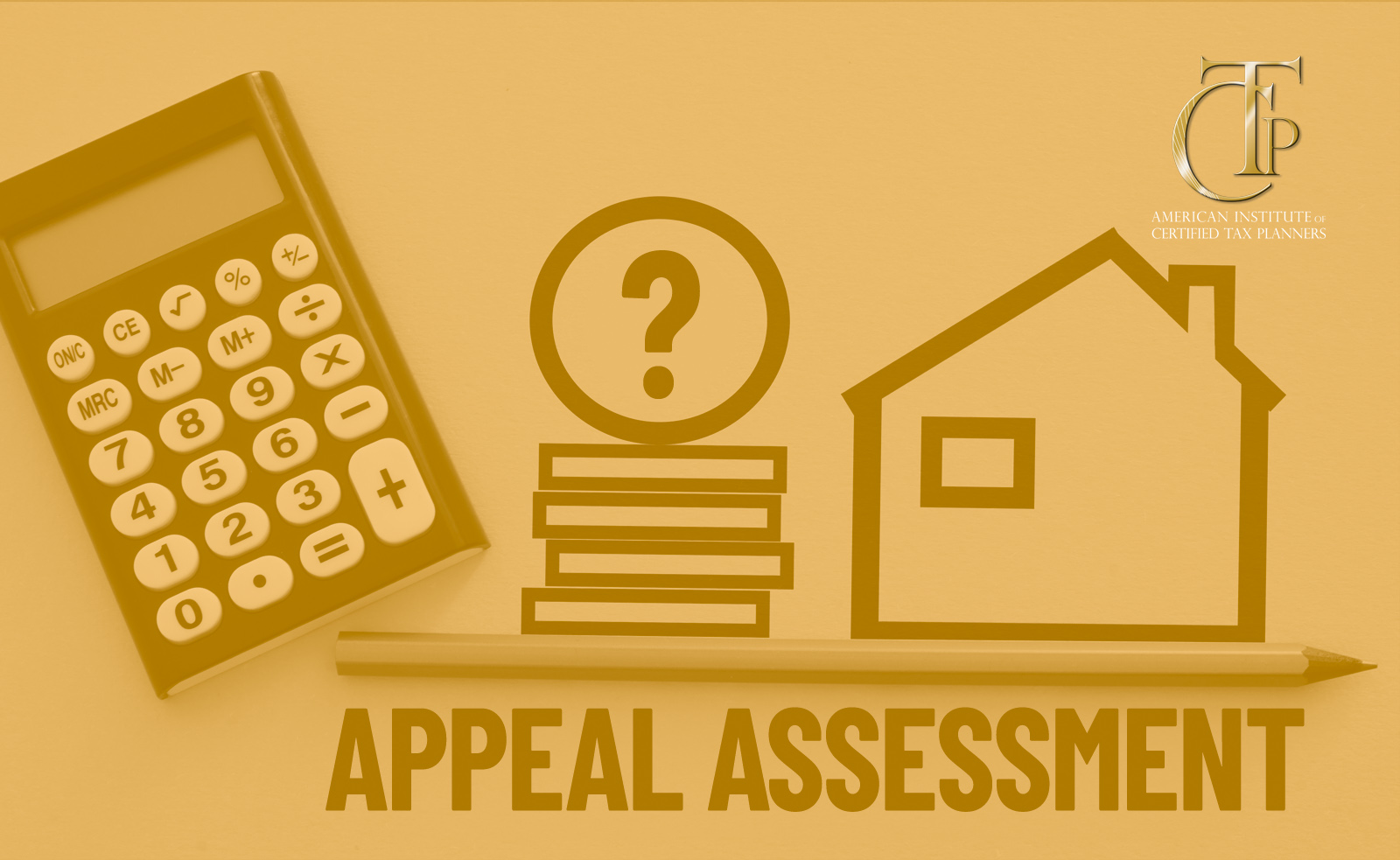Want information on commercial property assessment appeals instead? Read here.
As property tax rates spike to the highest numbers we’ve seen in five years, homeowners are scrambling to figure out how to offset the costs. Pull money out of savings or investments? Get a side hustle? Move to a lower-tax state? One tactic that many homeowners may not realize is available is to appeal their property tax assessment.
Residential property taxes are based on the assessed value of your property. The process for valuation and the cadence (yearly or otherwise) will vary depending on where you live. Many homeowners never question their property valuation, especially if it’s below current fair market value. However, what you should actually be looking for is something called equitability: is your property valued equitably with similar type properties within the same taxing jurisdiction? Estimates suggest that 50 percent of all property in the U.S. is over-assessed. On the other hand, less than 7-8% of people nationally challenge those assessed values.
Collecting the Data
So how do you go about deciding whether to appeal your property tax assessment? The big question is whether you can make a data-based case that your property assessment is too high. If the data supports you, you can appeal the assessment and potentially be granted a lower property tax bill.
What kind of data are you looking for and where can you find it? Some of the information you are looking for can be found online. For example, properties that were sold more recently are likely to have the most accurate value, so collecting data on these properties will help you determine the equitable value of the house you own. You can often find the property tax bill for these properties online and see the assessed valuation for the land and for any improvements. Make a note of the legal property number and a legal description of those properties to list in your appeal paperwork.
You will also want to make sure that you have accurate information for your own property. Thanks to technology, you can typically find key information like the lot number, block number, and parcel identification number (PIN) online. The PIN can also be found on a tax bill or your closing escrow statements. You will typically need at least one of these identifiers to locate your property deed and property record card, which is used to determine the value of your property and therefore your tax bill.
Another great resource is your local assessor’s office. You can call the municipal taxing authority or the county tax collector—whoever would be responsible for the area your property is located in. You want to then ask for the sales ratio. This might also be called the average ratio, the assessment ratio, the Director’s Ratio, or the Residential Assessment Ratio (RAR). This number can be used to equalize the value of your property so it is more comparable to recently-valued properties.
Understanding Valuation
Your local assessor’s office will use one or more of the three basic methods for property valuation, which then translates to your property tax assessment. The three types are the Cost Approach, the Comparative Sales Approach, and the Income Capitalization Approach.
The Cost Approach focuses on how much someone would spend to acquire land in your geographical area and build a structure that is similar in size and quality to your home. The property value is basically equal to the cost of land plus the cost of improvements minus any depreciation—meaning a loss in value that might come from a structure deteriorating over time, appliances and features becoming obsolete, or your location becoming less desirable. The idea behind this approach is that a buyer would not pay more for your property than it would cost to build a similar residence. Once you’ve obtained access to your property deed and property record card, you will be able to find the value of the land and the value of any improvements, and that is going to give you the total assessed valuation.
The Comparative Sales Approach focuses on the current state of the real estate market. In this case, the value of your property is determined by looking at “comparables”—other properties with similar characteristics that were recently sold. This approach factors in all the specific features that may impact value, based on what real buyers in your area are currently looking for in a property. With the Comparative Sales Approach, the property value is equal to the sales prices of comparable properties plus or minus any adjustments based on the location, size, or age of your property.
To find comparables, you can do a search on Zillow. Put in your neighborhood or city, and pull up similar properties that have recently been sold. Once you’ve evaluated the properties in your area, consider what makes your property different. Maybe the houses on the west side of your neighborhood are more valuable because they are by the water. This could validate a decrease to your assessed value. Maybe your house has an older electrical system or appliances, whereas many other houses in your area have been recently renovated. That is yet another reason to decrease the value.
Lastly, the Income Capitalization Approach applies to multifamily properties, so if you own an income-producing property like an apartment building, this method can help result in a lower value. This approach focuses on the future financial benefits you could get from owning this property. There are two different formulas that can be used (either net income or gross income), which you can look up if you need to calculate the value of your income-producing property
Submitting an Appeal
Now that you have collected all the documentation you need, it’s time to fill out the official property form. If your state or locality does not have one, you can look up a template to use. You will input the addresses, ID numbers, and year built for any comparable properties you are referencing. You will also list out any adjustments you are making based on differences with your property.
Don’t forget that different states and municipalities have different rules for calculating property taxes. Make sure to find the appropriate resources that cite the laws in your area and what the specific due dates are to appeal an assessment.
After submitting your appeal, if it is rejected for some reason, you can still opt to challenge that at the next level. If you are seeing a very large discrepancy between the appraised value versus your estimated value, you might even bring in a professional appraiser.
Summary
By orienting yourself to the valuation approach and how your state or municipality calculates property taxes, you can set yourself up for success in the appeal process. Put in the time to do the research and collect documentation, and you may just reap the rewards of a lower property tax bill. If the process still seems daunting, remember that you don’t have to navigate it on your own. Consider working with a Certified Tax Planner to get expert help in gathering documentation and understanding the tax rules in your area.





